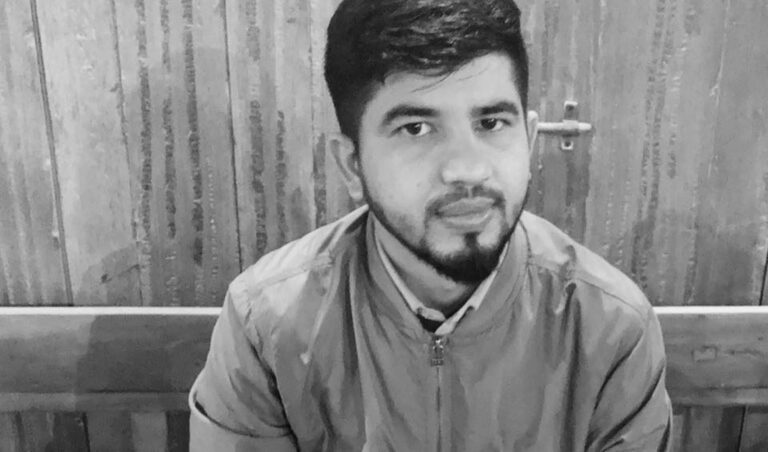A celebrity photographer in Germany who specialises in photographing musicians and worked for free to help launch Kim Petras’ career said he is incredibly proud of how far she has come – but he has one regret.
Kim’s latest song ‘Unholy’ with Sam Smith helped her to go viral online and saw her number one in many countries, including Australia, the UK and New Zealand.
It also topped the US Billboard Hot 100, making her the first openly transgender woman in history to have a number-one song on the chart.


But Kim was no stranger to the media when she finally arrived at number one after Alexander Basta’s pictures had helped keep her in the media spotlight for years, until the opportunity came knocking.
The 59-year-old photographer, whose artworks sell for EUR 5,000 (GBP 4,311) a shot, has made it his life’s work to try and capture the soul of the artists he works with, using a huge camera only normally used for landscapes. But despite shooting thousands of pictures of the young Kim, he never sat her down for one of his trademark portraits.
But nevertheless, Alexander has amassed an impressive portfolio of pictures of Kim even if he never managed to take one using his trademark black and white camera, with the images typically shot after a successful performance when they are finally relaxed and their ‘real selves’.


Musicians have always been at the heart of the star photographers’ work, and legendary figures like American composer Philip Glass, violinist Nigel Kennedy, the English soprano Dame Emma Kirkby and Marianne Faithful have all appeared before his lens.
Alexander describes it as a quest to portray what he sees as the rhythm of the true human spirit and experience, the image of their soul if you like.
He said: “Musicians are special people, and a completely different type of human being. They are really inside their music.”
Speaking to Newsflash exclusively about his work with Kim, Alexander said: “From the very first moment I met Kim, I was overwhelmed by how natural she was and her self-awareness despite her very young age. I thought then that she was extraordinary.


“She knew where she was going and what her thing was. And that thing was making her own music. Her conviction in herself and her sheer willpower was very infectious.”
The classical photographer is no stranger to using his art to help others and regularly contributes to projects like AIDS-Help Dusseldorf in Germany, where he lives and where he first met Kim.
Alexander said: “Our first encounter was on 11th June 2009 at her tiny hometown Uckerath, near Hennef, not far from Cologne.
He said he had agreed to do a studio shoot with Kim a month later using a ring flash with various outfits in front of several colour backdrops.
He was also the official photographer when Kim did her first music video, and one of his favourite pictures captured her sitting on a bar in a local pub between filming.


Alexander also accompanied her on trips, including events like the Christopher Street Day (CSD) parades in Germany, which are an annual Europe-wide LGBTQ+ celebration and demonstration for the rights of LGBTQ+ people.
One of his last jobs with Kim was working with a German fashion label, and although he had faith in her, he said he was amazed that she had gone so far now as to have a worldwide number one.
He said: “To gain a number one hit in the charts is nothing less than a sensation for every artist! And especially in the US charts!!
“But on the other hand, as I said before, I’ve always seen that she had enormous conviction in where she was going and determination to do her own thing. She was already heavily involved in music at a very early age.


Asked about memories of Kim, he said that she was natural with everybody, and when out and about, always took the time for fans that wanted to speak to her.
If he had one regret, it was that he had not taken one of his classic pictures using a large-format camera with 4×5 inch-size negatives which is normally used for landscape and still-life-photography.
It is heavy enough that it needs two aluminium boxes and two sacks for the lampstands, an extra heavy-duty tripod for the camera, 2 flash-heads plus as well as s generators each, cables and umbrellas, the total weighing around 80 kg (176 lbs).
He says the disadvantage is reduced flexibility, but it gives you very high-res negatives with rich tones and many details.
He added: “In my photography, I use the disadvantage as an advantage, because it slows everything down. I call it slow photography.
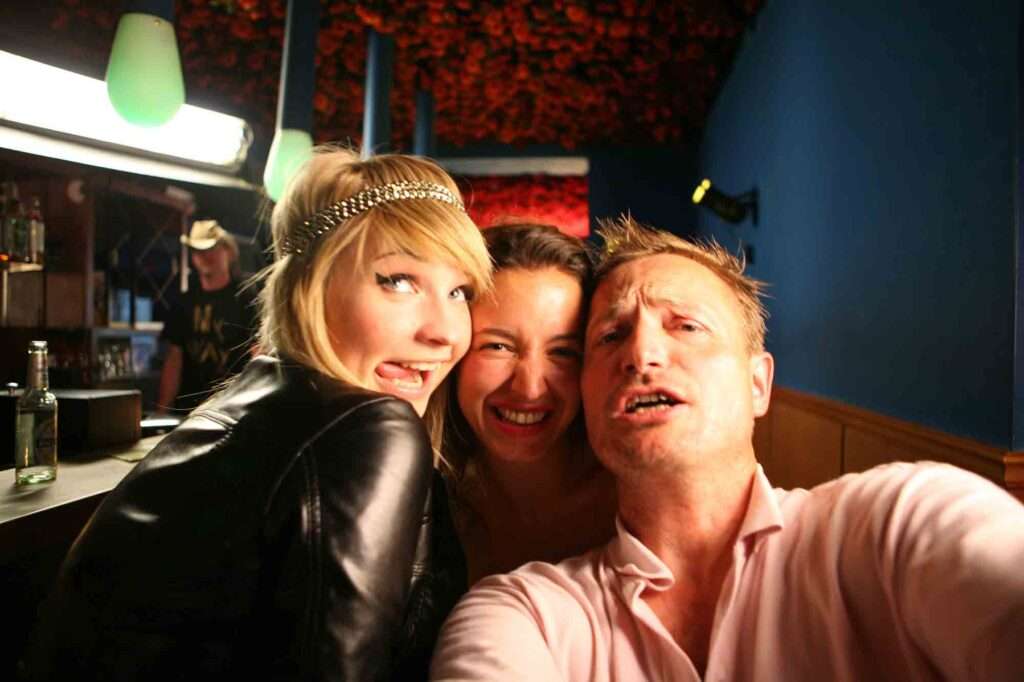
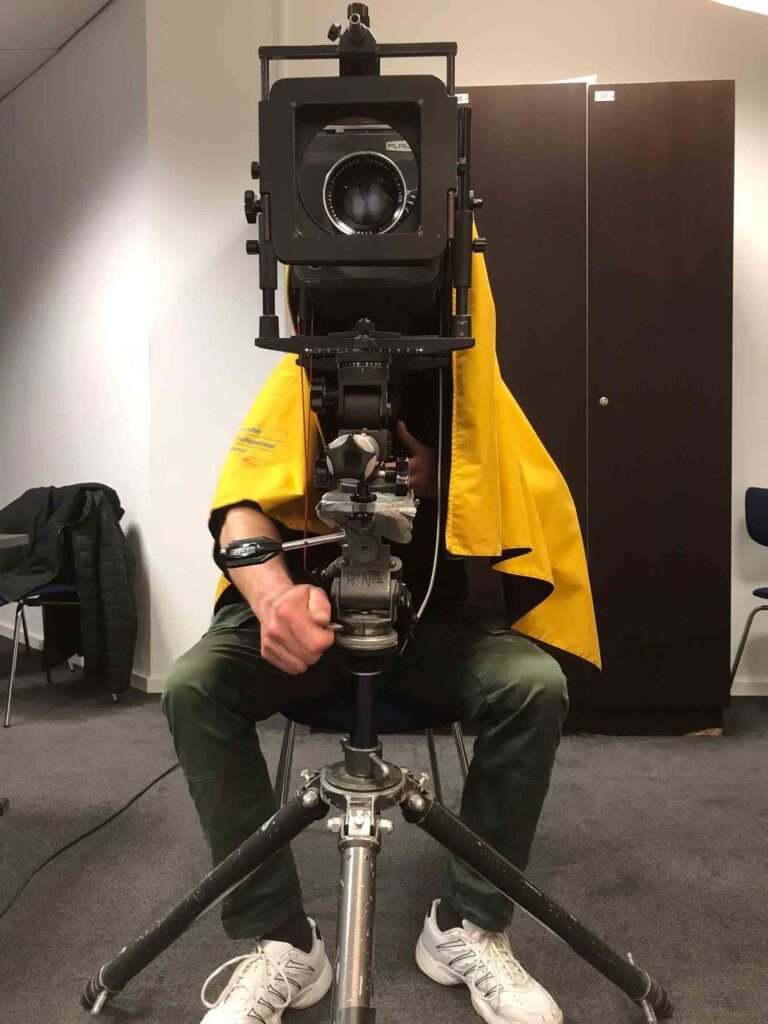
“I have to adjust the distance, the cropping, the focus, the aperture, it takes a while – about two minutes – time in which the person in front of the lens “forgets“ why they are sitting there, and then the magic happens.
“Whoever they are, is there photography face and show their real face. I tried it hundreds of times, and it always works.”
He added: “I am trying to capture the look of a person’s soul with my trademark black and white photographs.
“I am not a thought photographer. I am a being photographer. I want to see soul.
“I like to shoot in black and white because it draws the eye away from the model. In black-and-white the pictures become timeless. Like a marble monument or sculpture, nothing takes your gaze away from the intensity of the emotion being expressed.”

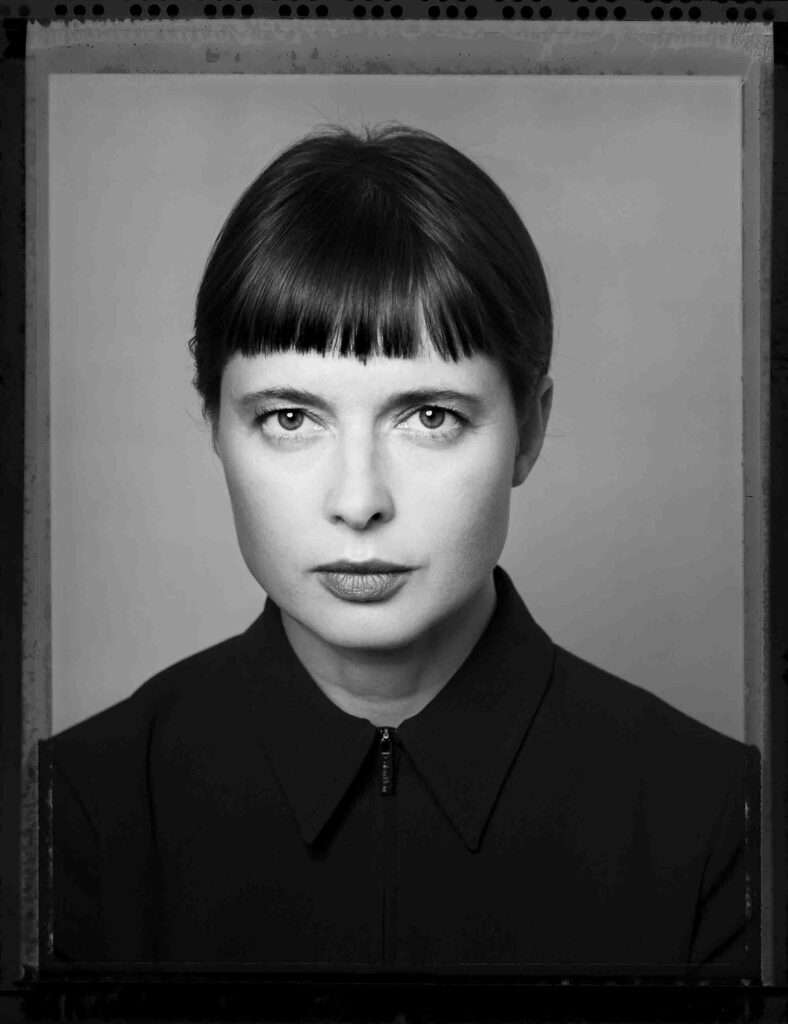
He said: “These days photography has to be loud, it is about undressing people and splashing colour all over them. That is not my cup of tea. That kind of image is interesting only for a moment, but then next week, who cares?
“I want to make pictures that are still relevant a hundred years from now.”
About the money he earns for his work, he said: “Being able to sell pictures was really important for an artist, if you don’t sell anything, that has an impact on your life, and if you sell a lot, you can change your life.”
Yet despite that, he worked for Kim for free, in line with his belief in the importance of photography that he always had from a very young age.
Alexander recalls being five years old and looking at the pages of an encyclopaedia that contained black-and-white photographs of dead people.
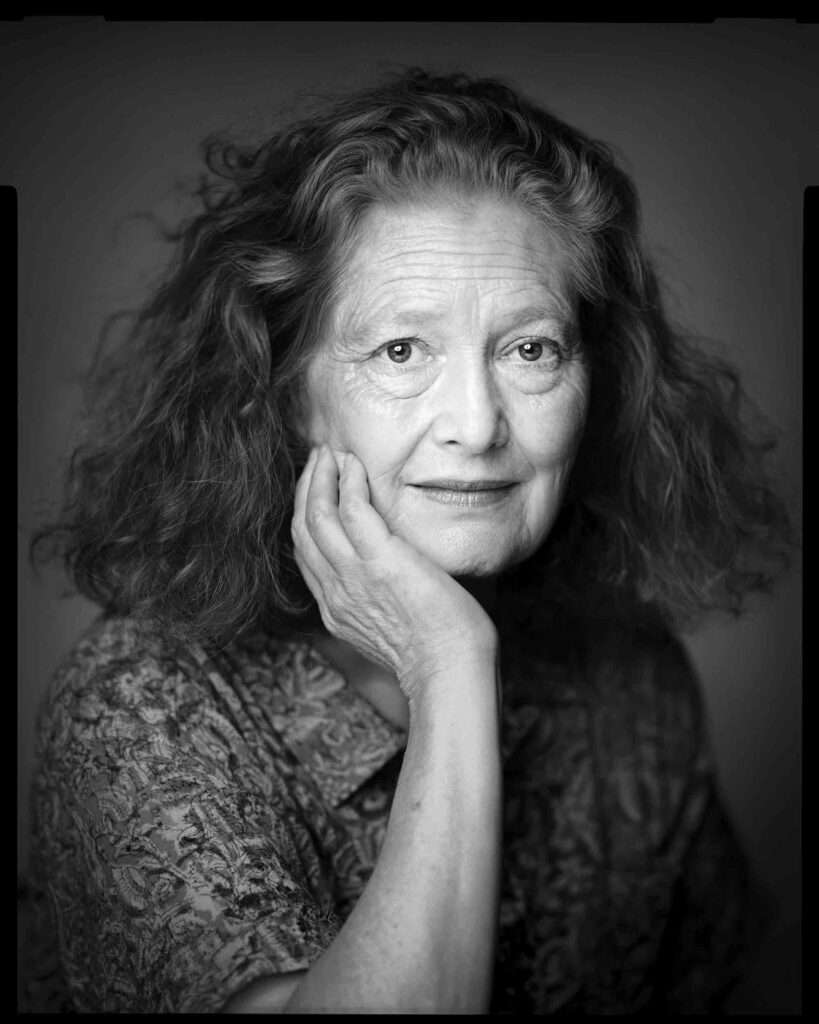
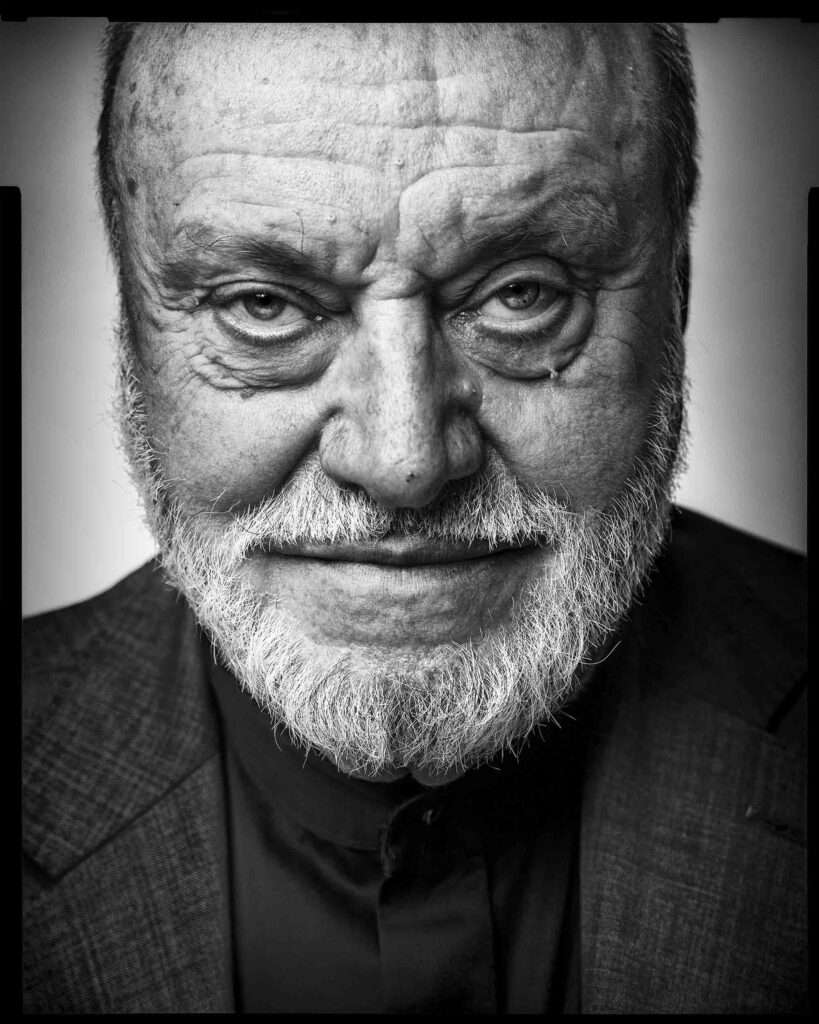
He asked his mother why they were all in the book, given that they were dead, and remembers that it was then that he realised one day he would die too and would not live forever.
He said becoming old is part of being alive, and his mission was to help others by seizing a moment in their time.
He added: “My interest in portrait photography came from a deep interest in humanity”.
To find out more about the author, editor or agency that supplied this story – please click below.
Story By: Michael Leidig, Sub-Editor: Marija Stojkoska, Agency: Newsflash
The Ananova page is created by and dedicated to professional, independent freelance journalists. It is a place for us to showcase our work. When our news is sold to our media partners, we will include the link here.


